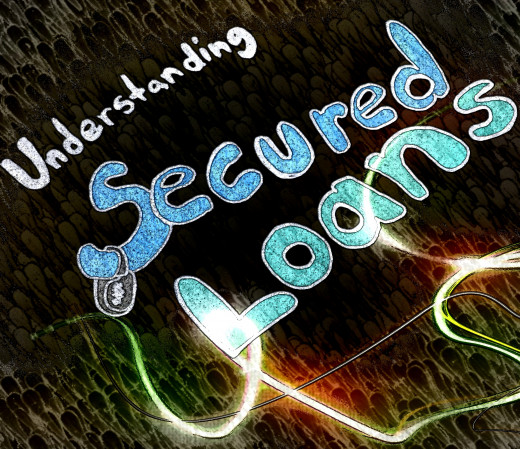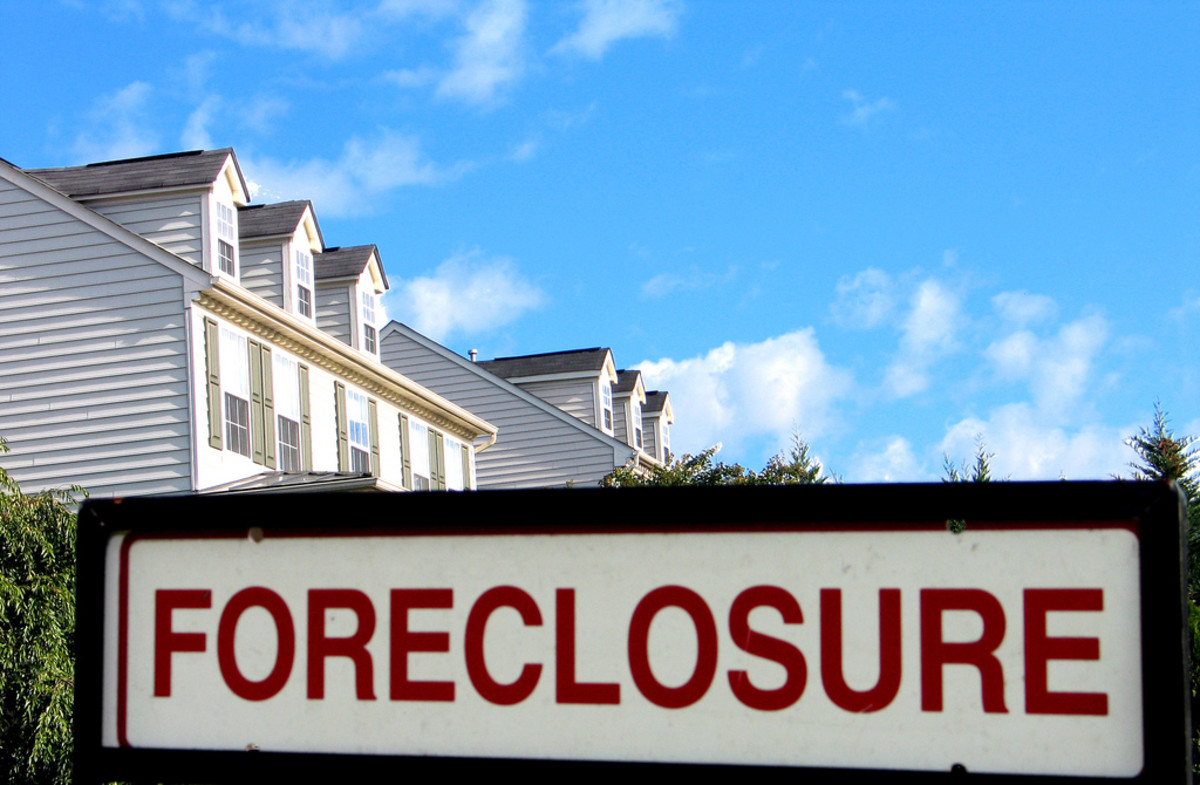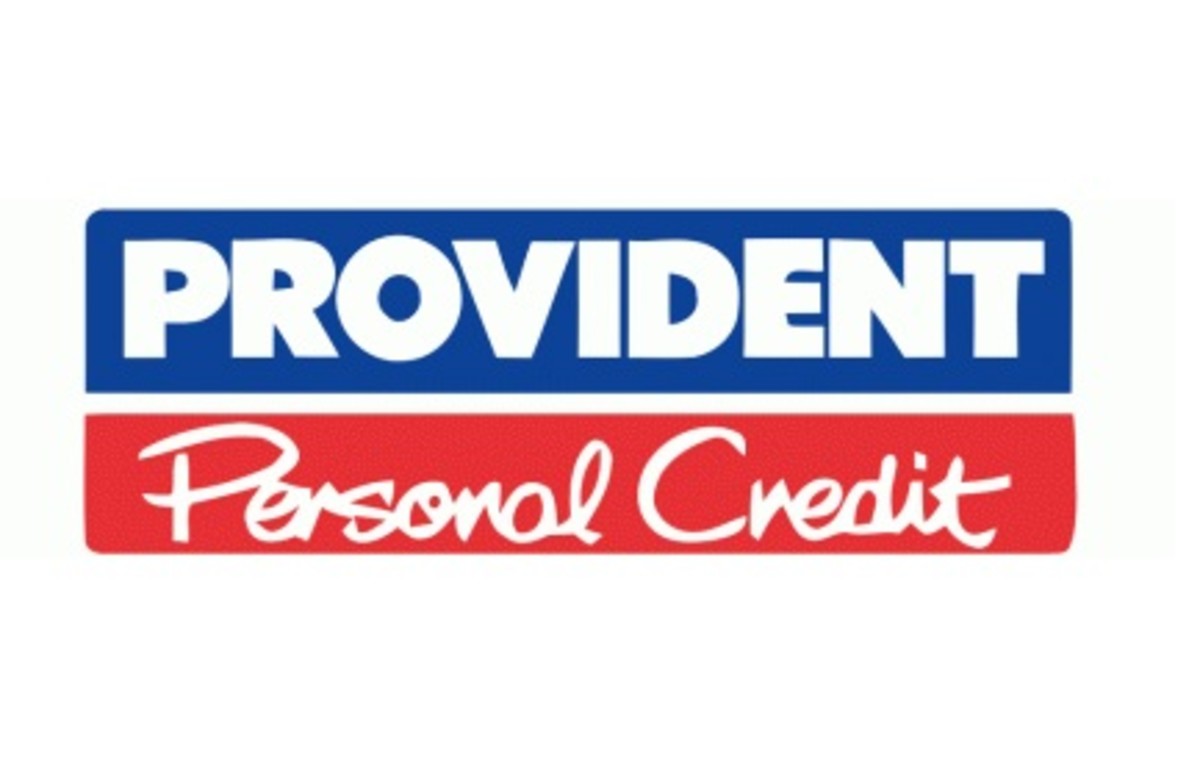Understanding Secured Loans
Understanding Secured Loans
Secured loans are loans where the borrower pledges collateral (an asset, such as their home) for the loan amount. In the unfortunate event, the borrower should default on the loan, the collateral goes into the possession of the lender, who may sell the assets in order to reclaim the value of the loan.
Secured loans offer the least risk to the banking or lending institution, thus a more attractive interest rate or terms of the loan may be offered to the borrower. The lender will hold the assets in their possession, such as a deed for property, stocks, or bonds, until the loan has been paid in full, including interest and all applicable fees.
Understanding Secured Loans

Benefits of Secured Loans
One of the most effective methods for obtaining large sums of money quickly is with a secured loan. Most lenders are hesitant to loan out large amounts of money to consumers due to the risk involved with loan payment defaults. When a bank lends money, they are assuming a risk that the loan will be repaid in full when it comes to terms. All kinds of scenarios exist where the borrower may not pay the bank what's due, thus causing a financial loss for the bank. With secured loans, the amount loaned will directly reflect the value of the collateral held against the loan. For example, if you put up your deed to your house as collateral, the amount you can borrow will be greater than if you put a car up for collateral. Secured loans are a win-win type of loan for both lender and borrower as it gives the lender something to fall back on if the loan is re-paid while it gives the borrower more opportunity to take out a large sum loan with an attractive interest rate.
Different Types of Secured Loans

A Look at Other Types of Secured Loans
Home equity lines of credit and second mortgage secured loans
Secured loans are not limited to new purchases only. They can also be for second mortgages or home equity lines of credit. These types of loans are based on the overall value of your home, minus any outstanding loan amount that is owed. For example, if your home is appraised at $500,000 and you owe $200,000, your line of credit can be as much as $300,000 (the difference between the value, and what's owed). With a home equity or second mortgage loan, your home is held as the collateral and defaulting on the loan may result in the lose of your home. Before getting into a world of trouble, it's suggested you have other assets that can be disposed of for cash to pay the loan so you don't risk losing everything you've invested into your property. Know the risks, and always have a back-up plan when putting up the deed to your house as collateral.
Debt consolidation secured loans
Debt consolidation secured loans are similar to standard secured loans where personal property or home is put up as collateral. Debt consolidation loans can be highly beneficial to consumers with multiple, high-interest debt, such as credit cards. Consolidated loans are usually offered at an attractive interest rate as the risk to the lender is lowered due to the assets held as collateral.
The loan is then used to repay all the debt of the high-interest rate loans. Essentially, these types of loans allow you to pay down your high-interest debts spread across multiple lenders and allow you to make lower payments to a single lender. Not only is this convenient, but you'll save a lot of money over the life of the loan.
Secured Loans Save Money

Savings secured loans
Normally offered at banks and credit unions where the borrower has a savings account, savings secured loans are a virtually risk-free loan method for the lender. In this type of loan, the loan amount is directly tied to the savings account, which is used as collateral against the loan. The borrower may take out a loan equal to, but not more than, the amount held in their savings account. The savings account is then frozen up to the value of the loan, but continues to earn interest for the borrower. Essentially it's like taking out a loan against your own money. For example, assume Dave has a savings account with Secure Savings Bank in the total of $5000. Dave takes out a savings secured loan of $3000. The lender freezes $3000 of the savings account, which means Dave cannot touch or withdraw that $3000 until his debt is fully paid. In a sense, it belongs to the bank... but the entire total of the savings account (the $5000) continues to gain interest for Dave. This kind of loan is almost without risk as the lender is already in possession of the money if the loan has defaulted.
Understanding secured loans and their varying types will help you to make an informed decision on the loan that's right for you. We hope you found this information helpful. Make sure to recommend our introduction to secured loans!
This article is accurate and true to the best of the author’s knowledge. Content is for informational or entertainment purposes only and does not substitute for personal counsel or professional advice in business, financial, legal, or technical matters.
© 2019 Jason Nicolosi








